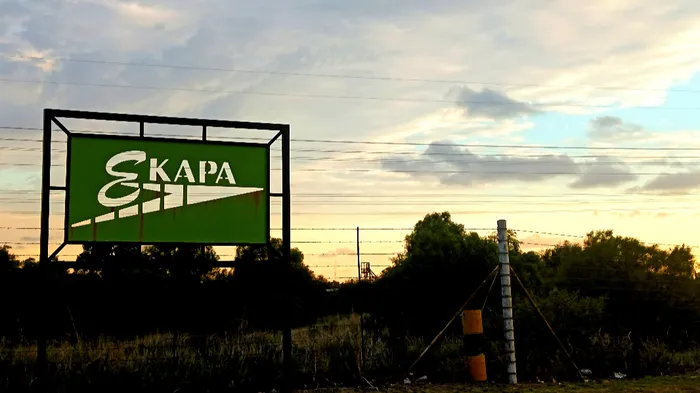Constitutional Court upholds Ekapa Mining's right to recover unlawful rates

The Constitutional Court has ruled that Sol Plaatje municipality charged unreasonably high mining property rates.
Image: Sandi Kwon Hoo
EKAPA Mining is entitled to recover excess payments made to Sol Plaatje Municipality after it was charged unlawful mining property rates to re-work old diamond tailings according to a recent Constitutional Court judgment.
Acting Constitutional Judge Gamble on March 24 agreed that Ekapa was charged unreasonably high rates between 2015-2021 amounting to R30 million.
Ekapa purchased eight mine dumps from De Beers Consolidated Mines (Pty) Ltd where it was levied for “mining property” rates and taxes.
It claimed that from 2014-2021 it was charged rates that were 22 times higher than residential properties, that were significantly higher compared to the tariffs of ten other municipalities.
Ekapa claimed that they conducted marginal mining operations and were unable to pay these very high rates where it resolved to pay a business and commercial property, which resulted in a difference of R30 million.
The Northern Cape High Court granted an order in favour of Ekapa in 2021 to review and set aside the high rates where it ruled that it was unreasonable to charge a higher rate for mining property compared to “non-residential” properties.
The court however permitted the municipality to recover the R30 million owed by Ekapa as the review application was delayed and the municipality would have budgeted for the income that was calculated at a higher rate.
The Northern Cape High Court and Supreme both dismissed applications for leave to appeal against this decision.
Ekapa then approached the Constitutional Court as it contended that their interests were not taken into consideration and that there was no evidence to show that the municipality would be prejudiced.
It added that the impact would jeopardise the continuation of Ekapa’s business, its ability to pay service providers and employ workers.
It did not seek repayment of any monies already paid to the municipality but sought a court order to limit the levies charged in line with the accepted tariffs.
Ekapa explained that it lodged an objection with the municipality in 2019, as it only came to their attention that they were charged exorbitant rates, after conducting their own research.
Sol Plaatje municipality believed it was not in the interests of justice to entertain the matter. It stated that the Constitutional Court could not interfere with the discretion of the Northern Cape High Court.
It added that Ekapa’s failed to prove that the Northern Cape High Court had reached the wrong conclusion.
Concourt reaches unanimous consensus
The Constitutional Court acknowledged that little attention was paid to Ekapa’s interests by the High Court in granting a just and equitable remedy.
The judges agreed that the High Court only considered the prejudice suffered by the municipality and disregarded the position of Ekapa.
Gamble pointed out that De Beers was still the registered owner of the properties in 2019.
“The issue with the extent of the rates only arose when Ekapa tried to obtain a rates clearance from the municipality to enable it to take transfer of the properties. There is no evidence to suggest that the municipality knew of the sale agreement between De Beers and Ekapa, and there is nothing to suggest that Ekapa had been substituted for De Beers in the municipality’s books of account or that the accounts had been sent to it. Lastly, there is no plausible explanation as to why the municipality failed to demand payment from Ekapa of the outstanding rates from 2015 onwards.”
He added that the High Court did not consider that Ekapa had paid rates throughout the relevant period in line with the rates charged by the municipality on the category of business and commercial properties.
“The shortfall on the municipality’s budget projections over several financial years amounted to around R30 million arguably resulting in an approximate annual deficit of R5 million over six years.”
Gamble believed it was unlikely that an annual shortfall of such a relatively limited amount would have necessitated the municipality having to borrow money from the bank.
The Constitutional Court set aside the unlawful rates and indicated that Ekapa was entitled to recover the difference from the municipality.
The municipality was also ordered to pay Ekapa’s legal costs.
Related Topics: